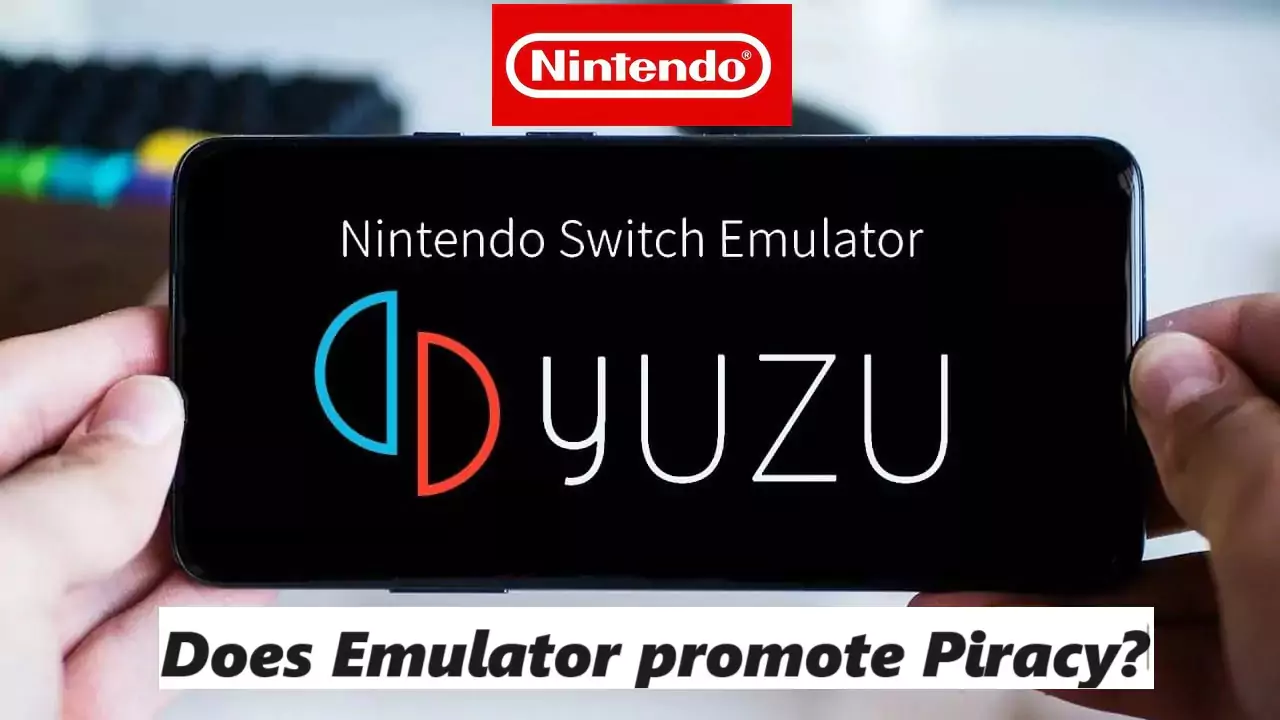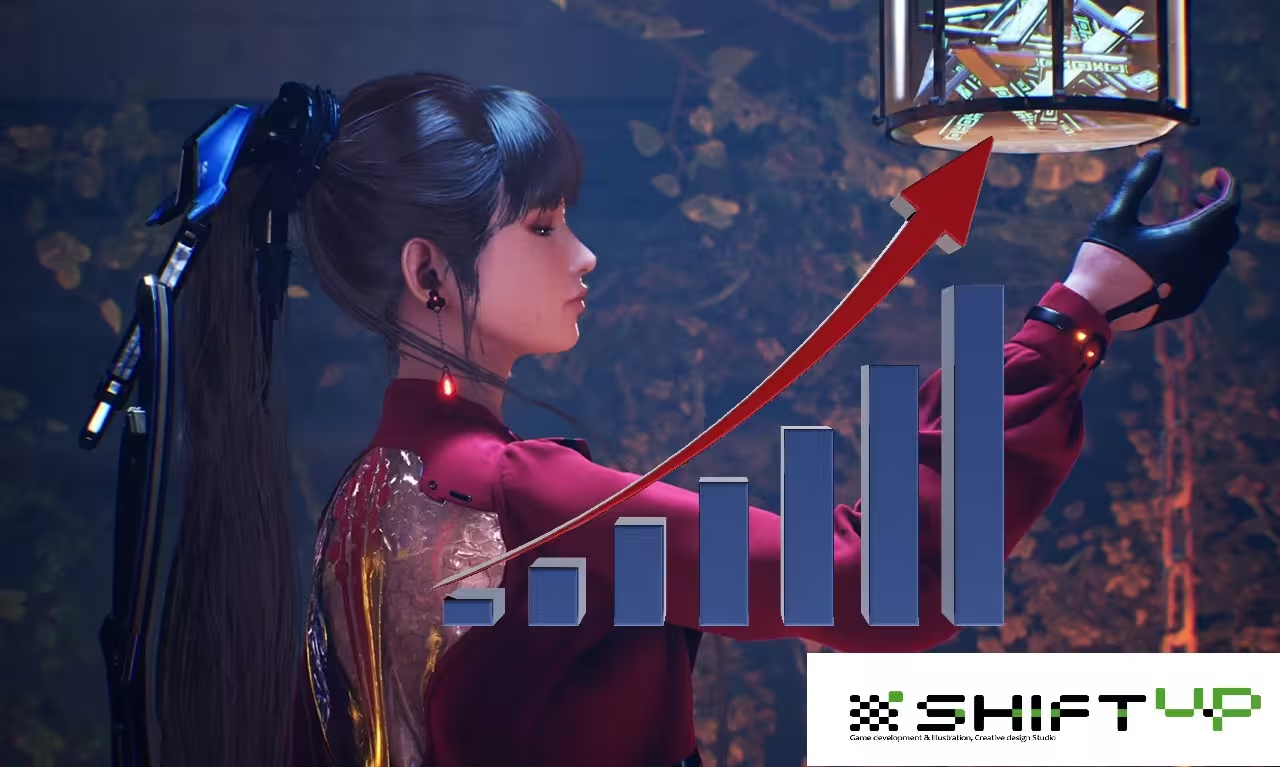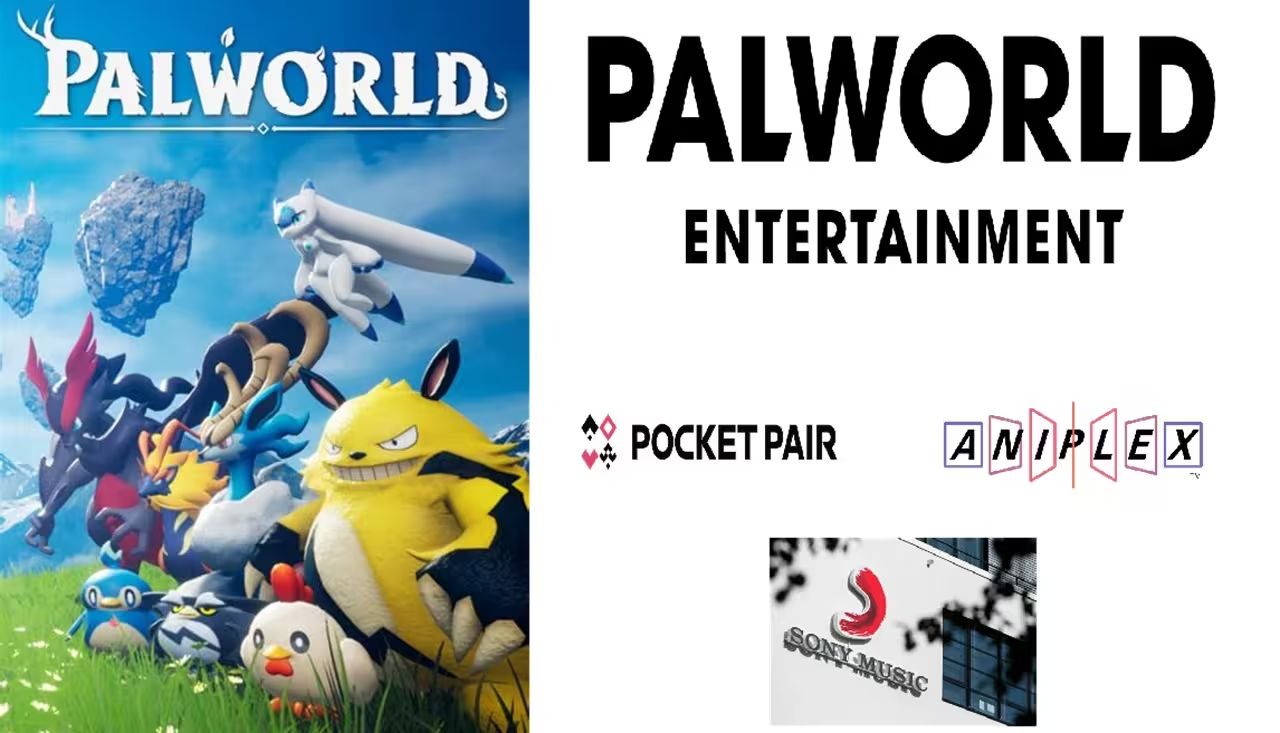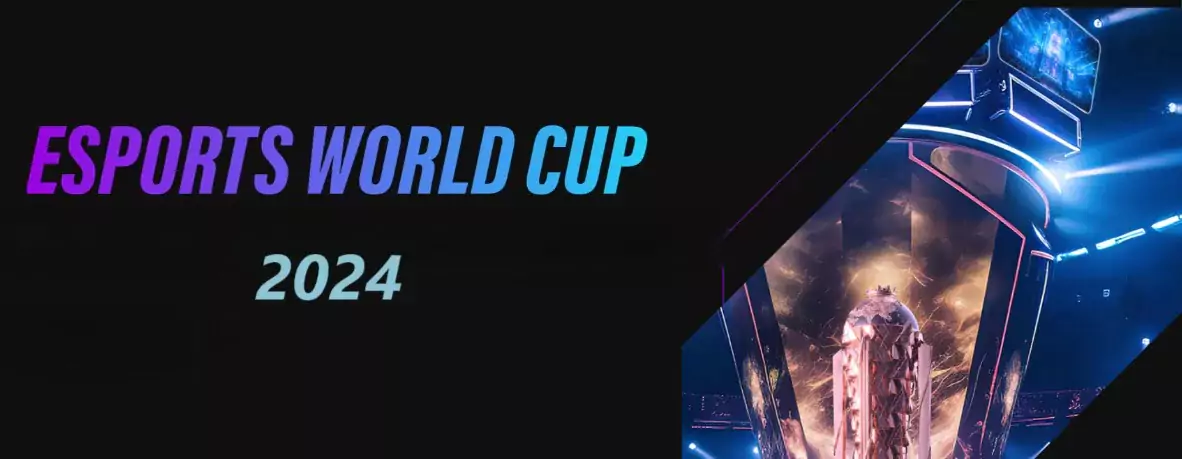Nintendo has filed a lawsuit against Tropic Haze, the developers behind Yuzu, a popular open-source Nintendo Switch emulator.
According to Game File reporter Stephen Totilo the lawsuit, filed in a Rhode Island district court, alleges that Yuzu enables and encourages piracy of Nintendo games.
What is Yuzu and Why is Nintendo Upset?
Yuzu is a free, open-source Nintendo Switch emulator first released in 2018, just months after the Switch launched.
Like other emulators, it allows users to play Switch games on devices not officially supported by Nintendo like PCs, Android, Linux systems, and Steam Deck.
It was created by the same developers behind the Nintendo 3DS emulator Citra.
Nintendo claims Yuzu bypasses their security measures and enables piracy.
They point out that Yuzu decrypts game files and allows users to play pirated ROMs.
Most sites distributing pirated Nintendo ROMs recommend using Yuzu to play them.
The recent leak of The Legend of Zelda: Tears of the Kingdom two weeks before release highlights their concerns.
Over 1 million copies were downloaded illegally and played on Yuzu.
Nintendo Seeks Ban on Yuzu and Damages
In the lawsuit, Nintendo requests the court ban the distribution and development of Yuzu.
They claim the software cannot be used legally.
Nintendo also wants financial damages, stating Yuzu earns over $30,000 a month on Patreon and has made at least $50,000 in paid downloads.
They claim piracy enabled by Yuzu has cost them significantly in anti-piracy efforts.
The company has won similar lawsuits before, including a $2 million judgement against RomUniverse for distributing pirated games.
The Legality of Emulators is Complicated
Whether emulators themselves are legal is a complex issue.
Emulators have many legitimate uses, like preserving old games and enabling play on new hardware.
However, companies argue many exist solely to enable piracy.
Yuzu’s developers claim it is intended for homebrew and education.
But with most users playing pirated ROMs, Nintendo feels it crosses the line into enabling illegal activity.
The court will have to weigh whether Yuzu itself violates copyright versus how users utilize it.
Anti-circumvention laws may also come into play regarding bypassing Nintendo’s DRM protections.
A Familiar Battle Against Piracy
This represents another front in Nintendo’s long war against piracy and copyright infringement.
As one of the most prominent video game companies, Nintendo is highly protective of its IP and eager to discourage piracy.
Here are some other notable copyright lawsuits filed by Nintendo against emulation/piracy companies:
- LoveROMs and LoveRETRO (2018) – Nintendo sued these ROM sites for over $100 million in damages for distributing pirated NES, SNES, and other classic games. The sites ultimately agreed to a permanent injunction.
- Jacob Mathias/Mathias Designs (2021) – Creator of the GenPlus emulator sued for over $2 million for allegedly using Nintendo’s IP. Settled out of court.
- RomUniverse (2020) – Nintendo awarded over $2 million in a lawsuit against this site for hosting and distributing pirated Switch games. The site’s owner also received a prison sentence.
- Gary Bowser (2021) – Leader of Team Xecuter, which made hacking tools for Nintendo consoles. Arrested by federal authorities and Nintendo awarded $10 million in a civil lawsuit.
- Anbernic (2021) – The Chinese gaming hardware company was sued by Nintendo in 2021 for infringing design patents with its line of retro gaming handhelds. The case was settled confidentially.
- Le Hoang Minh/DotEmu (2018) – Creator of the RetroArch emulator sued for illegally using Nintendo copyrights. Case settled out of court.
- Colopl – Japanese mobile game developer Colopl paid Nintendo an undisclosed amount in 2020 to settle a patent infringement lawsuit over Colopl’s Shironeko Project game.
However, fan developers believe their projects are legal tributes and emulation is critical for game preservation.
There are good-faith arguments on both sides.
But with piracy running rampant, companies like Nintendo feel legal action is necessary, even if it earns them criticism.
This lawsuit could have wider implications depending on how the court rules on emulator legality.
But for now, things look in favor of Nintendo as their winning track against such cases.
Discover more from Gaming Foodle
Subscribe to get the latest posts sent to your email.





